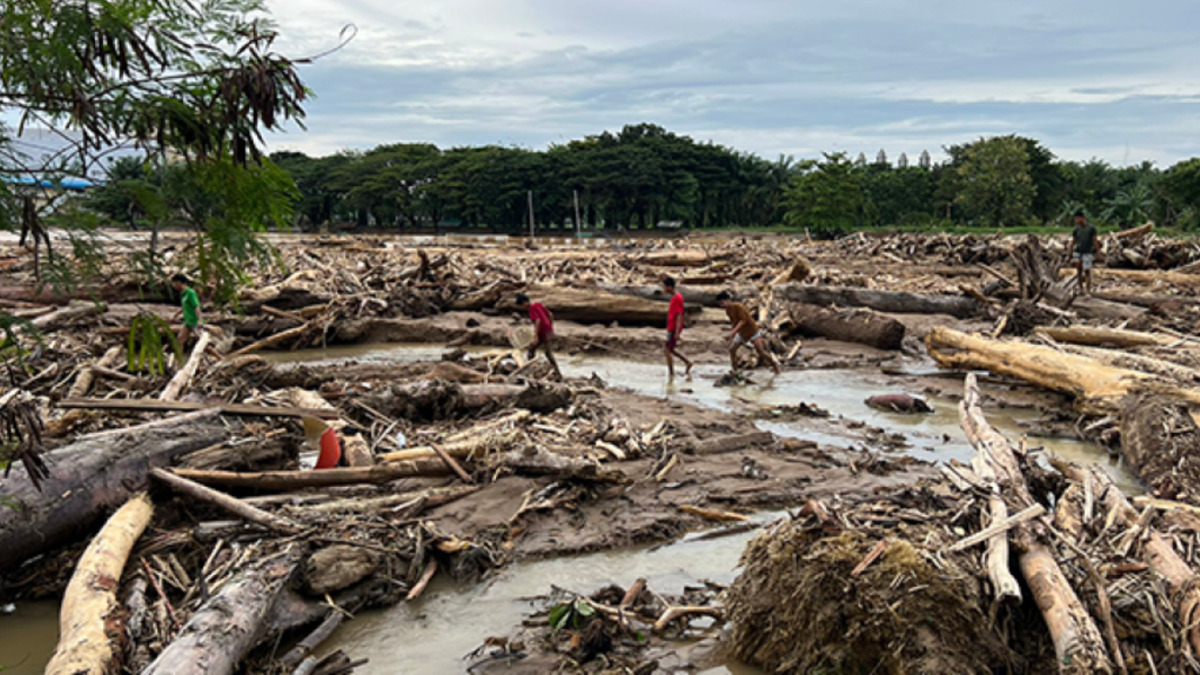Bali pushes ahead with plan to ban private beaches and restore full public access to the coastline
Bali’s provincial government, led by Governor I Wayan Koster, is pushing a draft regulation to ban the privatization of beaches after reports that hotels, villas, and beach clubs are restricting local access — even during sacred Hindu ceremonies.

- Governor I Wayan Koster has submitted a draft regional regulation to ban the privatisation of Bali’s beaches, restoring public access along the shoreline.
- The proposal responds to reports that hotels, villas, and beach clubs are blocking locals from sacred Hindu sea-ceremonies like Segara Kerthi and Pakelem.
- The regulation would formalise public access paths, prohibit misleading signage by private operators, and impose penalties for blocking community use
Bali’s provincial government is pushing forward with a controversial plan to ban private beaches — a move driven by growing public discontent over shoreline access. On 17 November 2025, Governor I Wayan Koster submitted a draft regional regulation (Perda) to the Bali Regional Legislative Council (DPRD) aimed at protecting the coastline from co mmercial restrictions.
Koster argues that Bali’s beaches are not just tourist attractions but vital public spaces for Balinese communities, serving religious, cultural, social, and economic functions.
Impact on traditions and rituals
One of the most pressing concerns raised by the governor is the growing difficulty for locals to perform sacred sea-based Hindu ceremonies. He highlighted how access for Segara Kerthi (sea purification) and Pakelem (offering items to the ocean) is being obstructed by hotels, villas, and beach clubs that restrict entry.
By limiting shoreline access, commercial operators are effectively undermining centuries-old local customs. Koster emphasised it's not just a matter of leisure — for many Balinese, the shore is a spiritual and communal space.
Legal and regulatory background
National law already supports Bali’s case: a 2016 Presidential Regulation defines beaches as public land, extending at least 100 metres inland from the highest tide line, making them state property that cannot legally be privatised.
However, enforcement has been patchy. Some beachfront hotels and villas have, over time, installed signs, barriers, or security to give the impression that parts of the beach are “private.”
Through the draft Perda, Bali authorities hope to close these enforcement gaps and protect the shoreline in a more concrete way.
What the draft regulation would do
Under the proposed regulation:
-
Beaches would be formally recognised as public spaces, not to be claimed by resorts or private businesses.
-
Mandatory public access paths would be established in places where private plots meet the coast.
-
Hotels, villas, and beach clubs would be prohibited from putting up signs or enforcing security measures that mislead people into thinking a public beach is private.
-
Penalties would be applied to operators who block access or interfere with community and religious use of the shoreline.
-
The regulation would also require coordination between provincial agencies, district offices, local adat (traditional) village councils, and law enforcement.
Tensions with tourism and development
While public rights are front and centre in the regulation, the measure could reshape how tourism businesses operate. Many hotels and beach clubs that have enjoyed exclusive access to stretches of shore may need to change their security practices, signage, or access protocols.
Governor Koster has pushed back on the notion that property owners own the ocean — a frequent complaint from resort operators. He states that many have incorrectly treated the shoreline as part of their hotel grounds, even though legally they only control inland land.
In some cases, the governor says the regulation could penalise events held near the shore that disrupt local ceremonies or access.
Local reactions and precedent
Local communities have long voiced frustration. In Serangan, for example, a floating barrier installed by a private operator reportedly prevented fishermen from reaching their traditional waters. After public outcry, the barrier was removed.
The move to strengthen regulation comes amid broader attempts by the Bali government to rein in overtourism and prioritise local needs. Besides the beach rule, other policies — including stricter rules for coastal development — are under discussion.
Supporters argue the regulation could mend the disconnect between legal principles and local experience, restoring the shoreline as a “shared sacred and social space.”
Challenges and next steps
Passing the draft regulation could prove difficult. The DPRD must review and approve it, and stakeholders (especially in the tourism sector) may push back. Enforcement is another concern: even if the law passes, local governments will need capacity — and political will — to monitor and penalise violators.
For effective implementation, coordination will be key: adat village councils, coastal districts, law enforcement, and tourism authorities must work together to ensure public paths are built, misleading practices are stopped, and traditional uses are respected.
Koster has expressed urgency, aiming to have the regulation passed by the end of 2025.








0 Comments